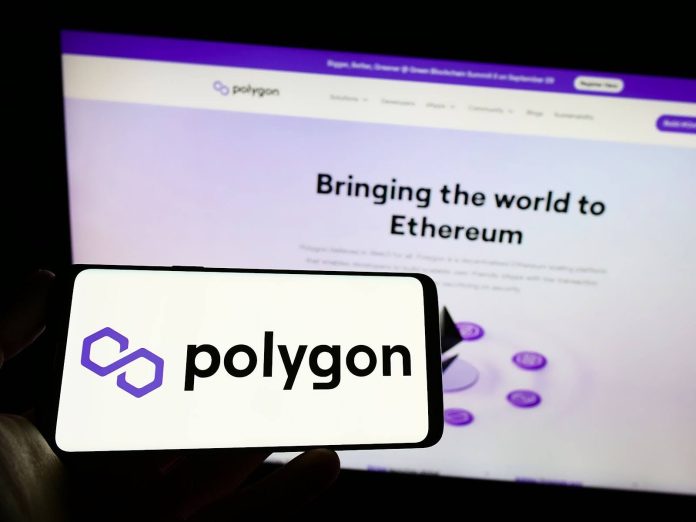Polygon PoS, a sidechain of Ethereum, recently achieved a significant milestone in blockchain technology with the successful implementation of the Napoli hard fork. This upgrade integrates features from Ethereum’s Dencun upgrade and activates RIP-7212, paving the way for improved interoperability and efficiency.
The Napoli hard fork brings three key enhancements from Ethereum’s Dencun upgrade. One of the most notable is the activation of RIP-7212 on the Polygon PoS sidechain, making it the first network to support this advancement. This upgrade, developed by RollCall, introduces a precompile for the secp256r1 curve, promoting interoperability with mainstream technologies.
This collaborative effort among Layer 2 projects, including ZkSync Era and Optimism, demonstrates a collective push towards scaling solutions for Ethereum. Furthermore, Polygon’s upcoming Feijoa upgrade will incorporate support for EIP-4844, a critical fee-reducing enhancement featured in Dencun.
The community-driven approach is evident as Polygon community contributors propose additional changes for future hard forks, such as EIP-3074 and PIP-30. These changes aim to enhance developer options and increase code size limits, further solidifying Polygon’s commitment to advancing Ethereum’s scalability.
David Silverman, VP of product at Polygon Labs, highlights the pivotal role of RollCall in driving Layer 2 solutions as integral components of Ethereum’s scaling strategy. The Ethereum ecosystem recognizes Layer 2s as innovation hubs, providing a conducive environment for user onboarding and continuous improvement.
With the integration of RIP-7212 and ongoing enhancements, Polygon reaffirms its dedication to advancing blockchain technology and addressing scalability challenges, ushering in a new era of decentralized possibilities. Share this article and explore the categories and tags to learn more about Polygon and its contributions to the blockchain industry.

